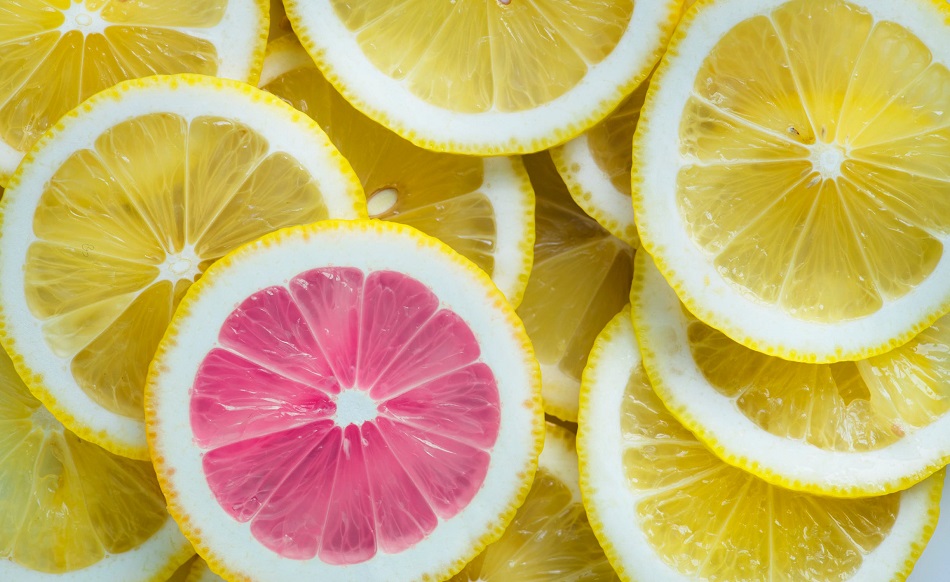You probably know that sugary foods like soda and candy are not good for your teeth. But did you know that some fruits don’t do your oral health any favors either?
In general, fruits are great choices for both dental and overall health. They’re sweet and high in vitamin C. The problem is acid, however. Some fruits contain high amounts of acid. Frequent exposures to acidic foods can weaken and demineralize enamel, making even healthy teeth more susceptible to decay over time.
A food’s acid content is measured according to its pH value. Foods with a pH above 7 are considered alkaline by the United States Environmental Protection Agency (EPA), and those with a pH below 7 are acidic. So the lower the pH, the higher the level of acidity.
You can still enjoy the benefits of acidic fruits if you know which ones pose the greatest risk and how to minimize your mouth’s exposure. Here’s a list of 13 popular fruits that are highly acidic, according to the Food and Drug Administration (FDA):
- Lemon Juice (2.00 – 2.60 pH)
- Limes (2.00 – 2.80 pH)
- Cranberry Juice (2.30 – 2.52 pH)
- Blue Plums (2.80 – 3.40 pH)
- Grapes (2.90 – 3.82 pH)
- Pomegranates (2.93 – 3.20 pH)
- Grapefruits (3.00 – 3.75 pH)
- Blueberries (3.12 – 3.33 pH)
- Pineapples (3.20 – 4.00 pH)
- Apples (3.33 – 4.00 pH)
- Peaches (3.30 – 4.05 pH)
- Mangoes (3.40 – 4.80 pH)
- Oranges (3.69 – 4.34 pH)
Eat these fruits sparingly, and never brush after consuming acidic foods. Brushing after your enamel has been coated in acid can result in additional damage.
The good news? There are many fruits that are not as high in acid content that you can eat without worrying about your enamel. For example, cantaloupe is one of the best natural sources of vitamin C, with a pH of 6.13 – 6.58. Honeydew melons, watermelon and bananas are also good choices because of their lower acidity. In addition, apples aren’t such a bad choice. Though on the lower side pH-wise, they also are high in fiber and water. An apple’s fibrous texture stimulates the gums and scrubs the teeth. Eating an apple also produces saliva in your mouth, which rinses away bacteria and food particles.
Here are some tips so you can enjoy acidic fruits while protecting your healthy teeth:
- Never suck on lemons, limes or any highly acidic fruit. Touching these fruits to your teeth for any period of time will easily soften your enamel.
- Use a straw to drink fruit juices. Then it won’t come in direct contact with your front teeth.
- After eating acidic fruit, drink or rinse with water to dilute the acids in your mouth. Wait at least 30 minutesbefore brushing to give your enamel time to re-harden.
- Keep your healthy teeth strong by brushing with fluoridated toothpaste.
- Eat cheese after your fruit. Compounds in cheese raise the pH levels in your mouth and increases saliva production, which also helps neutralize acids.
Because of their great benefits for your overall physical health, you shouldn’t avoid fruit altogether. But by taking a few simple precautions, you can enjoy even acidic fruit while protecting your healthy teeth. And having healthy teeth helps your overall health and can contribute to a good night’s sleep, as well.
For more ways to protect against poor oral health habits like grinding and clenching, visit www.sleepright.com.



